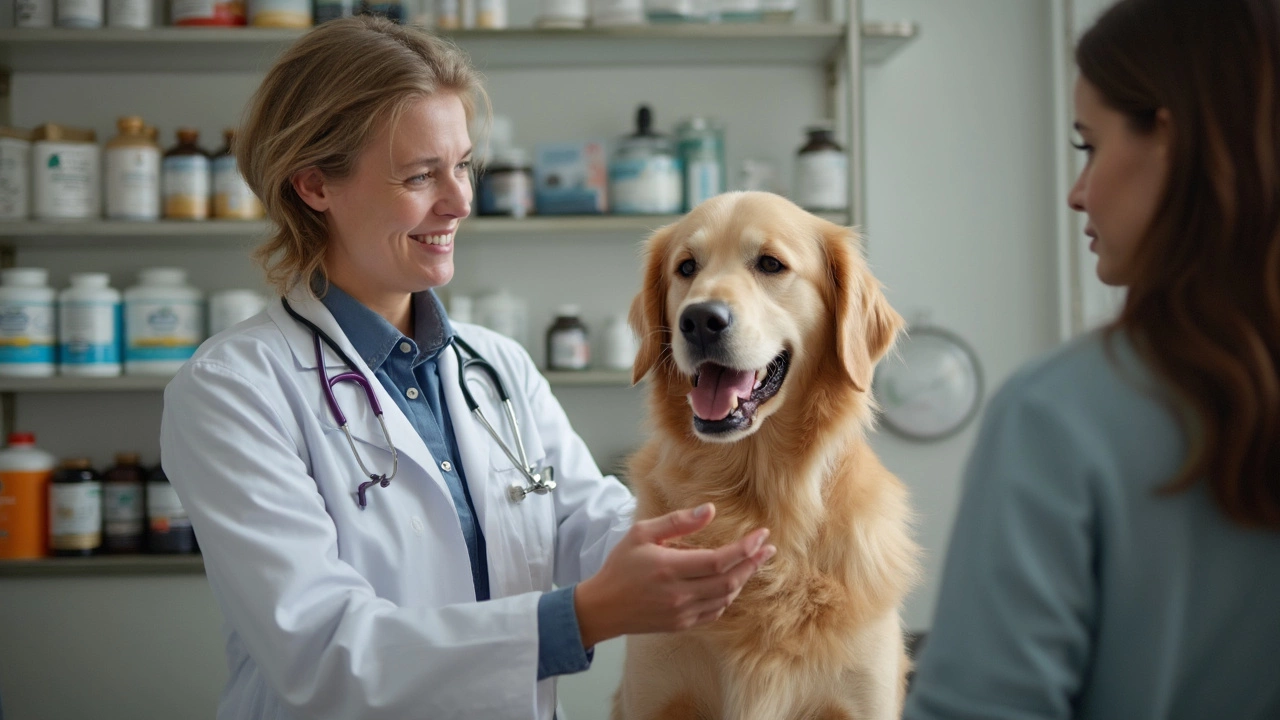Canine Health – Simple Tips to Keep Your Dog Feeling Great
Owning a dog is a daily mix of walks, meals, and the occasional mess. If you want your furry friend to stay energetic and avoid trips to the vet, focus on the basics: proper food, regular grooming, and smart travel habits. Below you’ll find easy‑to‑follow ideas that fit into any busy schedule.
Dog Nutrition Basics
The backbone of good health is what ends up in the bowl. Look for dog food that lists a high‑quality protein first, whether it’s chicken, lamb, or fish. Avoid brands that hide fillers like corn or soy deep in the ingredient list – they add calories but little nutrition.
Many owners wonder when to stop feeding at night. Experts suggest wrapping up the last meal 2‑3 hours before bedtime. This gives the stomach a chance to settle, reduces the risk of nighttime accidents, and can improve sleep for both dog and owner.
If you’re tempted by trendy names like Blue Buffalo, pause and read the fine print. Some vets flag certain ingredients and recall histories that could affect long‑term health. Choosing a trusted brand with transparent sourcing is safer than chasing hype.
Portion sizes matter too. A common mistake is over‑feeding based on “a cup a day” guidelines without considering weight, activity level, and age. Use the feeding chart on the package as a starting point, then adjust by watching your dog’s body condition. If the waist line is visible from above, you’re probably on track.
Everyday Care & Travel Tips
Grooming isn’t just about looking good. Regular brushing removes loose fur, reduces shedding, and lets you spot skin issues early. When it comes to cutting hair, most dogs do better with a dry trim – it’s easier to see the natural coat pattern and avoids a soggy mess.
Travel can be stressful, but a few simple steps can keep things smooth. If you’re flying, know the airline’s pet policies and book a seat for your dog only if the airline allows it – many only permit pets in the cargo hold. For road trips, bring a travel‑size water bowl, a favorite toy, and a portable crate that’s well‑ventilated.
Dogs love routine, so try to stick to familiar feeding and walking times even when you’re away from home. A consistent schedule reduces anxiety and supports digestion.
Lastly, keep an eye on your dog’s behavior. Excessive barking, sudden changes in appetite, or reluctance to move can signal health issues that need a vet’s eye. Early detection saves money and keeps your pet’s quality of life high.
Putting these simple habits into practice will help your canine stay active, bright‑eyed, and ready for the next adventure. Remember, healthy dogs are happy dogs, and a little attention each day goes a long way.
Posted By Bryndle Redding On 17 May 2025 Comments (0)
Do Vets Recommend Supplements? Dog Health Tips You Need to Know
Discover whether veterinarians really recommend supplements for dogs or if it's all hype. This article breaks down what vets look for, common misconceptions, and which supplements are actually worth it. You'll learn how to tell the difference between what your dog really needs and what's just clever marketing. Get practical vet-backed tips on choosing safe supplements. Make informed choices for your dog's health with real-world advice.
READ MORE